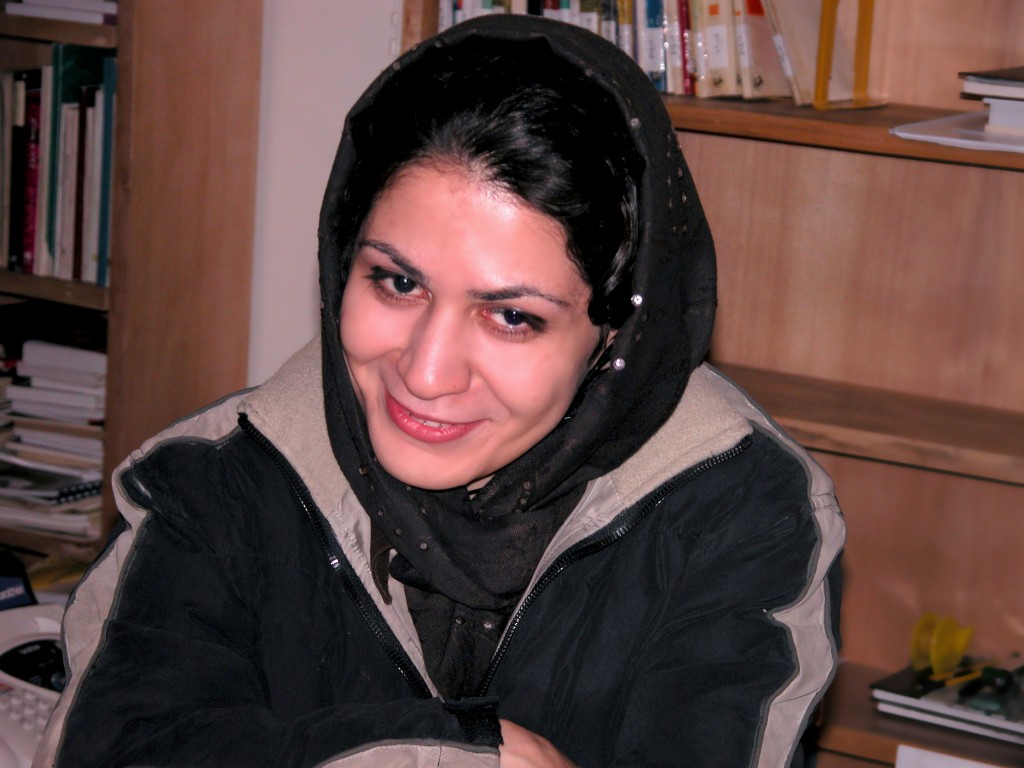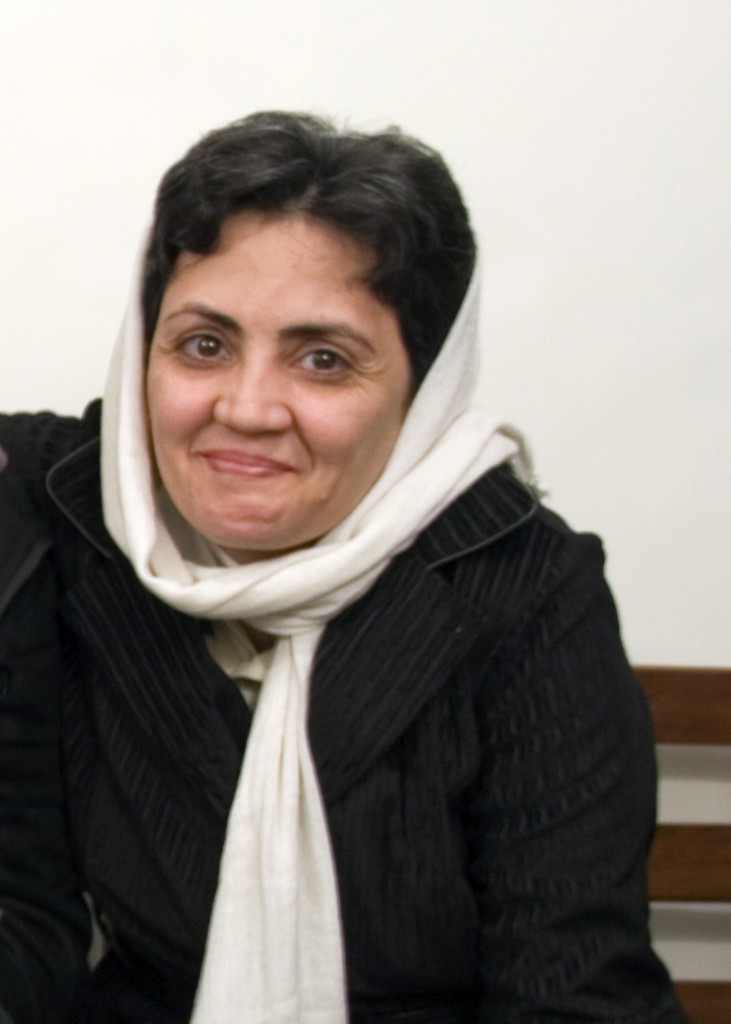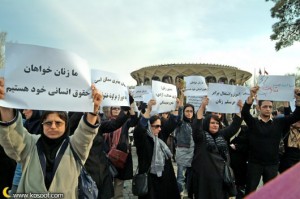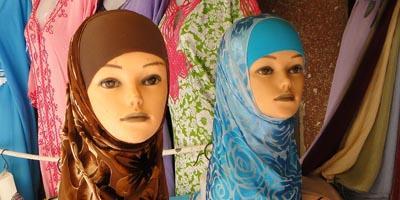Mahboubeh Karami and Bahareh Hedayat are among the inmates of Iran’s notorious Evin prison for fighting for the abolition of laws discriminating against women.

Karami was arrested in March and placed in solitary confinement, even though the charges against her remain to be clarified and she has not been able to meet with her lawyer. She told her family she was to be charged with “participating in illegal protests and membership in the group Human Rights Activists in Iran.” She has been in touch with her family by phone, and her physical condition is reported to be worsening.
Hedayat, a student activist, was arrested in December 2009 during a gathering in front of Evin prison in solidarity with the families of recent political detainees.
Both are involved with the “Million Signatures Campaign,” which aims to show the Islamic Republic of Iran that both men and women want equal rights for Iranian women. Its original goal was to get signatures of support from one million Iranian nationals.

“My dear father, I know you are awaiting my return and they have told you that I’m away on a work trip. You don’t know that your daughter is forced to spend several months in a solitary cell only because of her humanitarian activism and struggle to change women’s condition. Even solitary cells are tired of my tears.”
Hedayat and Karami’s arrests are the result of widespread resistance to the campaign from the police and some segments of government. Many campaign members have been arrested, interrogated, and denied legal rights, such as knowing the charges brought against them and searching their homes without a warrant. Some have been subject to travel bans.
“We couldn’t even have peaceful demonstrations in the streets,” said Niloofar Golkar, who now lives in Toronto and represents the Million Signatures Campaign in Canada. “Police started coming to our homes and arresting us, and they monitor our telephones and e-mail.”
In 2008, Golkar and other women activists were arrested on their way to hold a peaceful protest, legal according to the Iranian constitution, in front of the revolutionary court where other women activists were being tried.
“I was imprisoned for three days. Actually, we were in the solitary confinement cells in Section 209, but because we were more than thirty people they put three or four people in a single cell.”
The situation in Iran has impeded the campaign from releasing a status report on the number of signatures collected since its launch in 2006. Uncounted signatures are scattered amongst the homes of several activists in order to be kept secure.
“There have been so many problems. There have been attacks at the homes of many activists. The intelligence agency took many of the signatures,” Golkar said.
Campaign activists want to reform laws that limit women’s legal rights in cases of divorce, child custody, inheritance and a court system that counts the testimonies of two female witnesses as equal to that of one male witness. They are also lobbying for stricter punishment on honour killings and to abolish polygamy, which is legal.
The Million Signatures Campaign was instrumental in mobilizing public resistance to a bill that would allow men to marry a second wife without his first wife’s consent.

According to Golkar, discrimination against women escalated when President Mahmoud Ahmadinejad was elected in 2005, and voices advocating women’s rights are increasingly silenced.
“There is even more pressure against women rights activists and others. If you have ‘bad hijab’ – when your scarf is not suiting the police standard – they harass you in the street.”
Women are subject to detention for exposing their hair or bare feet.
Golkar and many campaign activists believe that legal discrimination against women is out of step with advances in equality in the Iranian university system, where women make up 60 per cent of enrolment.
“The parliament is worse than ever,” Golkar said. “Even the reformists within the government can’t talk anymore and are being arrested, so how will the activists have their voices heard if the people within government are being silenced?”


